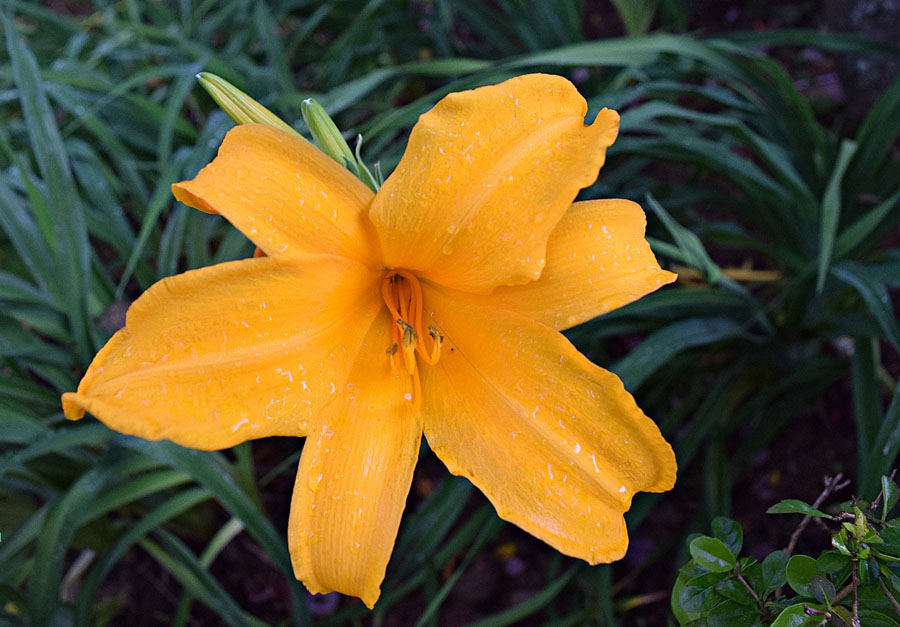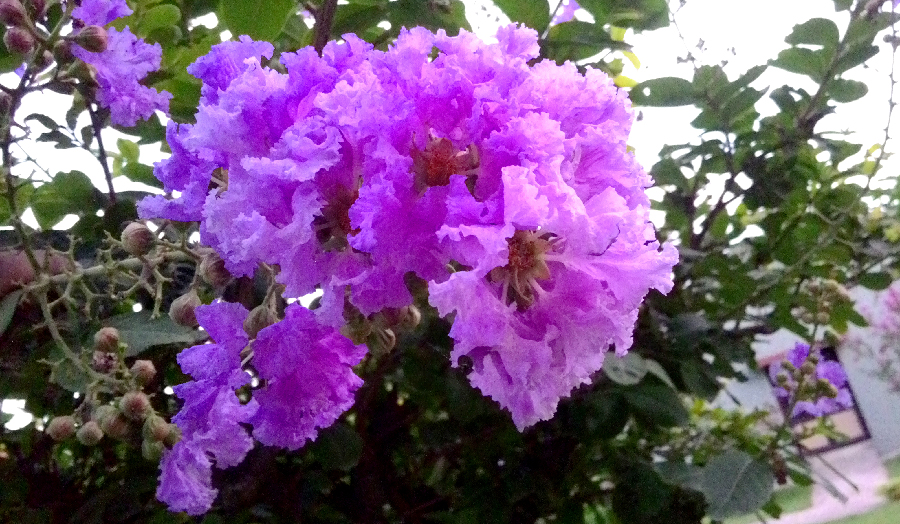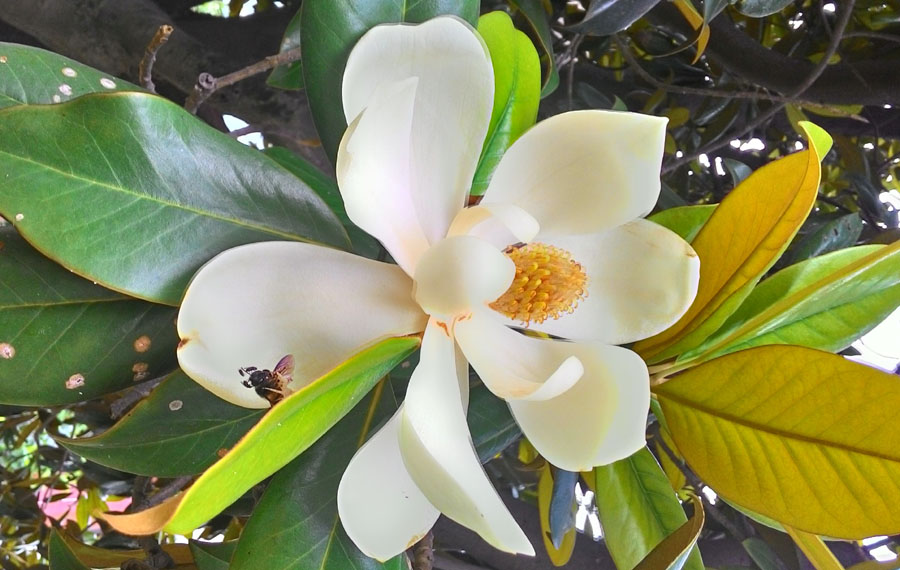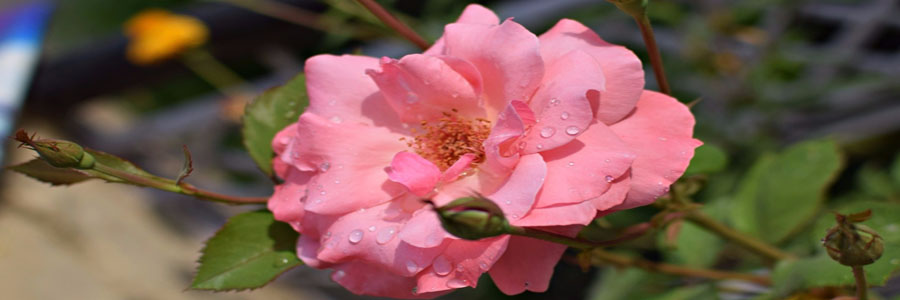Essential Oil Details
Introduction
NA
Other Details
The antiinflammatory effects of Japanese horse chestnut (Aesculus turbinata) seeds were examined in vivo and in vitro. The extract of this seed (HCSE) inhibited croton oil-induced swelling of the mouse concha. HCSE inhibited cyclooxygenase (COX) -1 and -2 activities, but had no effect on 15-lipoxygenase and phospholipase A2 activities. Inhibition of COX-2 occurred at a lower concentration of HCSE than for COX-1. Japanese horse chestnut seeds contain coumarins and saponins, but these chemicals did not inhibit COX activities. These results suggest that the antiinflammatory effect of Japanese horse chestnut seeds is caused, at least partly, by the inhibition of COX. The inhibitor of COX in this seed may be a chemical(s) other than coumarins and saponins.
Biological Activity Details
| Serial No. | Biological Activity Name |
|---|---|
| 1 | Antioxidant |
Reference
1. G. Buchbauera et. at, Volatiles of Common Horsechestnut (Aesculus hippocastanum L.) (Hippocastanaceae) Peels and Seeds. Journal of Essential Oil Research. Volume 6, Issue 5, 1994
Major Compound Details
| Serial No. | Compound Name | Compound Percentage(%) |
|---|---|---|
| 1 | Alpha-Pinene | 21.8 |
| 2 | Beta-Pinene | 17.2 |
| 3 | Camphene | 11.3 |
Minor Compound Details
| Serial No. | Compound Name | Compound Percentage(%) |
|---|---|---|
| 1 | 3-hexenol | 8.2 |
| 2 | Decanol | 7.2 |
| 3 | Limonene | 6.1 |
| 4 | 1,8-Cineole | 5.8 |
| 5 | 2-heptanol | 5.2 |
| 6 | 2-heptenone | 4.7 |
| 7 | Benzyl Alcohol | 4.1 |
| 8 | Naonanal | 4.3 |
| 9 | 2-methylbutanal | 3.7 |
| 10 | 2-Octanol | 3.3 |
| 11 | 2-phenyl ethanol | 3.5 |
| 12 | Isovaleraldehyde | 3.3 |











